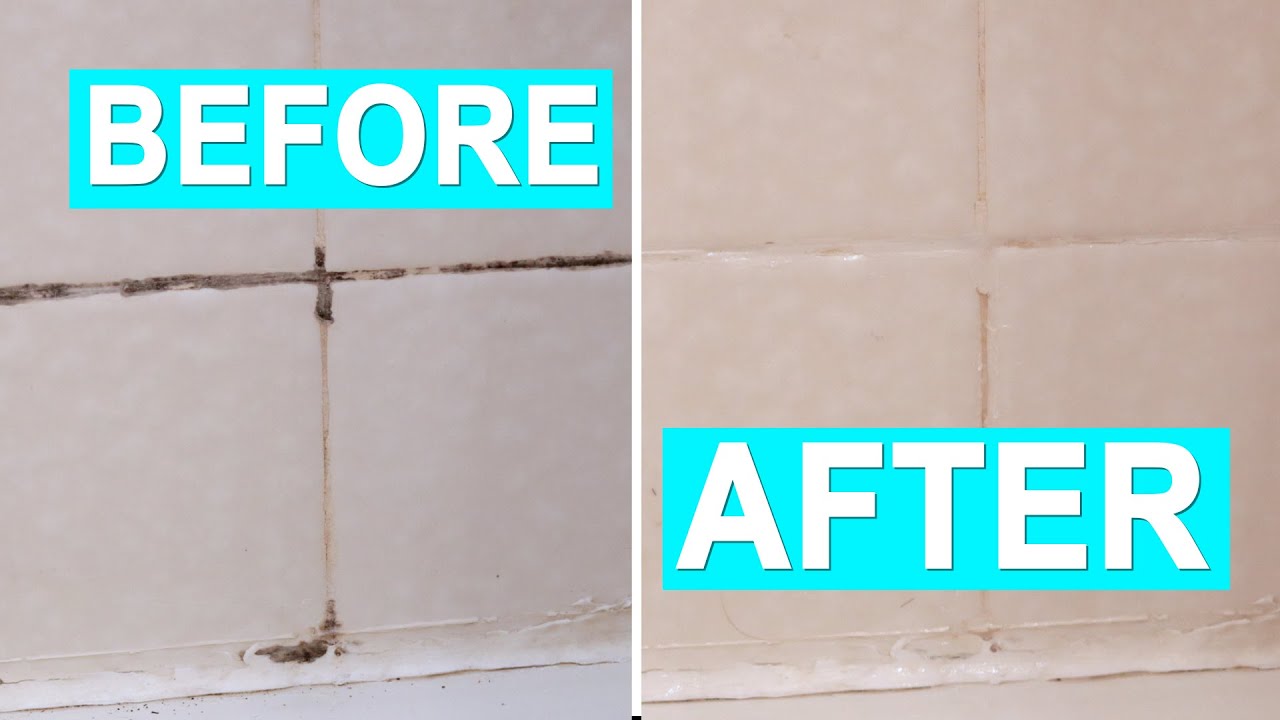Effective Ways to Unblock Ears from a Cold in 2025
During cold season, a common occurrence is ear congestion which can be uncomfortable and bothersome. Understanding how to unblock ears from a cold is crucial for maintaining comfort and overall health. Blocked ears are often a result of nasal congestion leading to pressure imbalances within the ears. These blockages can cause a sensation of fullness, muffled hearing, or even pain.
In this article, we will explore various effective ear pressure relief techniques, including home remedies for ear blockage and other gradual methods. We will break down practical tips and techniques that can help alleviate ear discomfort from a cold, including the use of saline solutions, steam inhalation, and nasal decongestants. Gathering this knowledge can empower you to manage cold symptoms efficiently and maintain your ear health.
By employing simple yet effective methods, many individuals can achieve relief without needing to seek medical help. However, it is also important to recognize when to see a doctor for blocked ears and how to prevent further blockage. As we navigate this topic, we will highlight key takeaways and practical recommendations for managing ear health during colds.
Home Remedies for Ear Blockage Relief
Home remedies can serve as an invaluable resource for relieving ear congestion related to colds. These methods are often accessible and easy to incorporate into your daily routine. One of the most widely recommended home remedies is steam inhalation for ear blockage. Inhaling steam helps to open nasal passages and can indirectly assist in relieving ear pressure. This process allows for the drainage of mucus and can help equalize ear pressure.
Another effective method is using a warm compress for ear blockage. Applying a warm compress to the affected ear can promote blood circulation and provide soothing relief. Additionally, drinking hot beverages can have a similar effect. Consuming hot drinks for ear blockage creates warmth that aids in decongestion and offers comfort.
One often overlooked home remedy is the use of nasal irrigation for ear blockage. A saline solution can help clear out mucus from the nasal passages, allowing for better drainage through the Eustachian tube. It's important to remember that maintaining good hydration is essential for overall ear health. Drinking plenty of fluids can help keep the mucus thin and encourage drainage.
Nasal Decongestants and Medications for Ear Pressure Relief
When dealing with ear congestion, both over-the-counter and prescription medications can be beneficial. Nasal decongestants for ears can provide quick relief by reducing inflammation in the nasal passages and promoting drainage. Whether using sprays or oral medications, they serve to alleviate symptoms effectively.
While many people turn to decongestants, antihistamines for cold symptoms can also help if allergies are contributing to the congestion. These medications work by blocking histamines which can swell nasal tissues and worsen blockage. Keep in mind, however, that using antihistamines can sometimes lead to dryness, so maintaining hydration is key.
For those seeking natural alternatives, options such as warm olive oil for ear discomfort can also be considered. Applying a few drops can soothe and provide relief from discomfort associated with ear blockage. Remember that using ear drops for cold-related blockage should be done cautiously, as some conditions may not be appropriate for home treatments. Always read labels and consult with a physician if uncertain.
Physical Techniques to Ensure Ear Drainage
In addition to medications, certain physical techniques can help relieve ear pressure. Yawning and swallowing are simple yet effective methods for equalizing ear pressure. Techniques like puffing your cheeks to clear ears can create pressure changes that help open the Eustachian tubes.
The Valsalva maneuver for ear relief is another technique that involves gently blowing with a closed mouth and pinched nose. This creates positive pressure that may help unblock ears. However, it should be done carefully to avoid injury to the inner ear.
Gentle ear massage can also aid in achieving ear drainage. A gentle massage around the jawline and the outer ear can stimulate blood flow and help ease tension, promoting the opening of the Eustachian tube. Additionally, gentle throat clearing for ear relief can encourage natural drainage by increasing pressure in the throat area.
When to Seek Medical Help for Blocked Ears
Knowing when to see a doctor for blocked ears is crucial. If symptoms persist despite home treatments, or if there are signs of a more serious condition such as severe pain, dizziness, or fever, medical attention is advisable. Persistent ear discomfort can indicate an underlying infection or severe blockage that requires professional treatment.
Symptoms to watch for include discharge from the ear, worsening pain, or hearing loss that continues for more than a week. Conditions like sinus infections or ear infections can frequently occur alongside colds and need prompt evaluation. Additionally, understanding the differences between ear blockage and ear infection symptoms can significantly affect treatment choices.
For individuals with chronic ear congestion, regular appointments with an audiologist or ENT specialist may be necessary to monitor ear health and address any issues proactively. It’s vital to prioritize ear hygiene and awareness of changes in ear health, especially during cold and flu seasons. Knowledge is key to preventing ear blockage from colds effectively.
Best Practices for Preventing Ear Blockage from Colds
Prevention is paramount when it comes to ear blockage. Maintaining good nasal health can significantly impact ear function. Regularly practicing nasal care for better ear function is essential. This can involve utilizing saline drops or sprays to keep passages clear, especially during allergy season or lengthy colds.
Additionally, ensuring optimal humidity levels for ear comfort can help reduce the likelihood of dryness and congestion. Using a humidifier can be a game changer, particularly in winter months when airflow is dry. It creates an environment that promotes mucus drainage and prevents irritation.
Staying hydrated is critical for managing cold symptoms and ear discomfort. Drinking sufficient water and incorporating warm fluids into your daily routine contributes to overall wellness and ear health. Also, adopting a healthy diet rich in vitamins can enhance immune response, potentially reducing the frequency of colds.
Lastly, being mindful of allergens is crucial. Knowing how to avoid allergens to prevent blocked ears can help maintain clear sinuses and, subsequently, clearer ears. When possible, limiting exposure to irritants can aid in maintaining ear health.
Conclusion
In conclusion, understanding how to unblock ears from a cold with effective methods can significantly enhance comfort and mitigate symptoms. From home remedies such as steam inhalation and warm compresses to physical techniques and medications, there are plenty of effective strategies available.
Recognizing when to seek medical help is equally important to ensure ongoing ear health. By prioritizing preventive measures and consistent ear care, many can effectively manage cold-related ear issues. With the right knowledge and tools, you can navigate the discomfort brought by colds and optimize your ear health.


